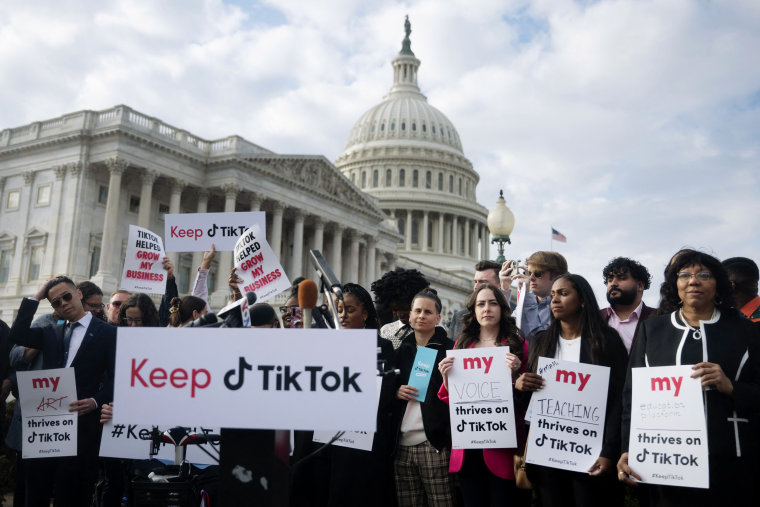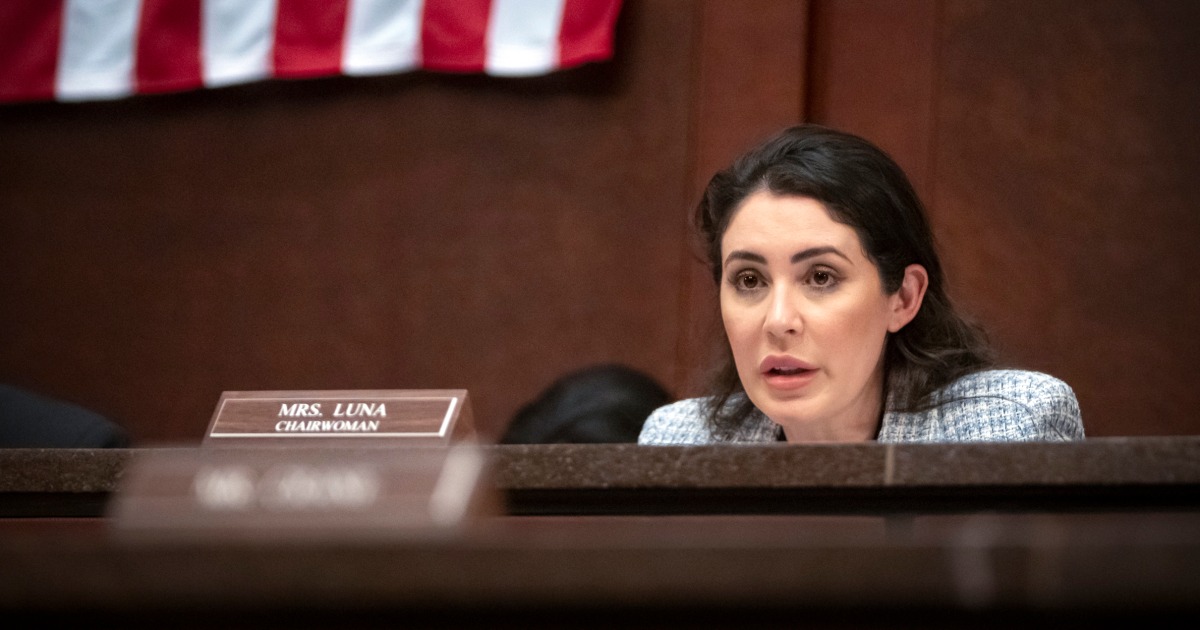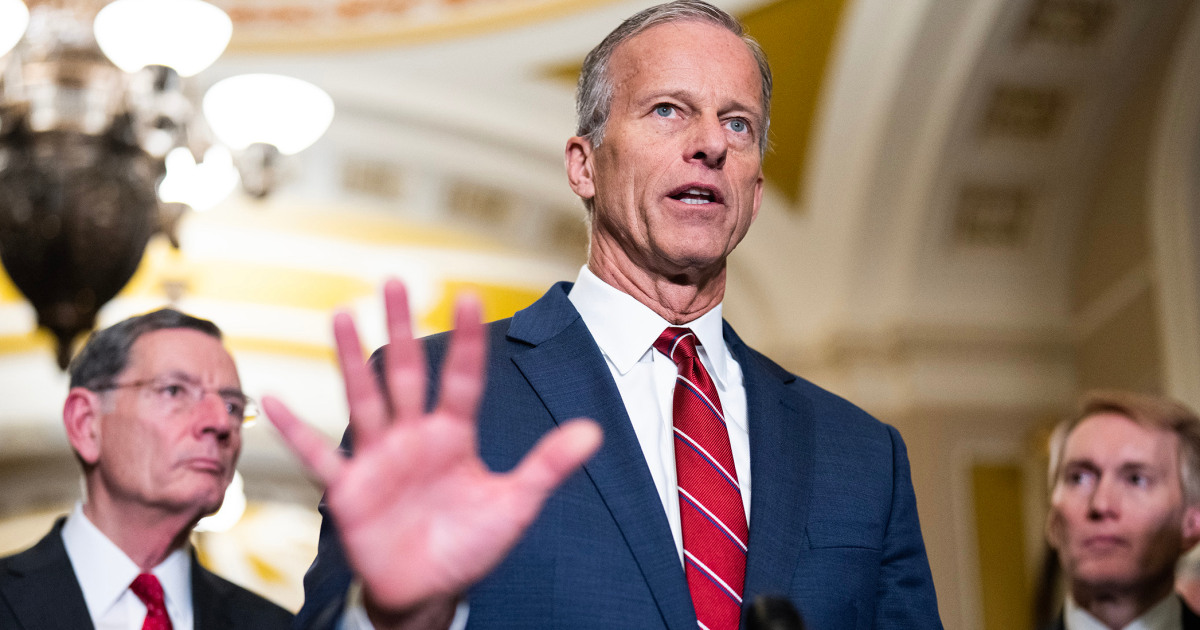WASHINGTON — The Supreme Court on Friday delivered a blow to TikTok by upholding a law that could potentially lead to the video-sharing social media platform being banned in the United States.
The justices in an unsigned opinion with no dissents rejected a free speech challenge filed by the company, meaning the law is set to go into effect on Sunday as planned.
The bipartisan law requires China-based TikTok owner ByteDance to divest itself of the company by Sunday, the day before President-elect Donald Trump is to take office. If no sale takes place, the platform used by millions of Americans will in theory be banned.

In what is a fast-changing situation, it is unclear what will happen at that point as there are signs that Trump may seek to keep the app available. The Biden administration has also signaled it will not take any action to enforce the law on Sunday.
The anti-TikTok sentiment that led to Congress passing the law, driven by the concern about the level of control the Chinese government has over the company, has rapidly dissipated in some quarters.
The Justice Department had raised two key issues in defending the law: that the Chinese government could exert control over what content users see in order to influence public opinion, and that it could collect sensitive data on millions of American users.
In the ruling, the court acknowledged that the national security rationale affected its analysis of whether there was a free speech violation under the Constitution’s First Amendment, with the justices focusing on the data collection issue.
The court concluded that the reasons for enacting the law are “decidedly content agnostic” that has nothing to do with restricting certain speech.
“TikTok’s scale and susceptibility to foreign adversary control, together with the vast swaths of sensitive data the platform collects, justify differential treatment to address the government’s national security concerns,” the court said.
“The challenged provisions further an important government interest unrelated to the suppression of free expression and do not burden substantially more speech than necessary to further that interest,” the court added.
Trump had filed an unusual amicus brief at the court urging it to put the law on hold in the hope that he could “pursue a political resolution” on the issue once in the White House.
During his first term in office, Trump himself tried to ban TikTok but he has since changed his tune. He recently said he had a “warm spot” in his heart for the platform and met with the company’s CEO.
One of Trump’s options would be to grant a 90-day extension for TikTok to find an American buyer by citing a provision in the law aimed at forcing a sale. There has been speculation about potential buyers, but ByteDance has said it will not approve a sale.
Trump could also vow not to enforce the law, but that might not be enough to convince companies that could face legal exposure, such as Apple and Google, which currently allow people to access TikTok in their app stores. The law imposes civil penalties on companies that help the company “distribute, maintain or update” its services, including those that operate app stores. Those penalties could be sought up to five years after the alleged violation, including after Trump leaves office.
During the Supreme Court oral arguments, Solicitor General Elizabeth Prelogar cast doubt on some of TikTok’s pronouncements, suggesting it may be playing a “game of chicken” and might abruptly change course if the law goes into effect.
It TikTok was to “go dark,” as its lawyer told the Supreme Court it would if the law is not blocked, content creators would have to move to alternative platforms that have sought to compete with the app by launching features focusing on the sharing of short-form videos, such as Instagram Reels and YouTube Shorts.
The U.S. Circuit Court of Appeals for the District of Columbia previously upheld the law.








